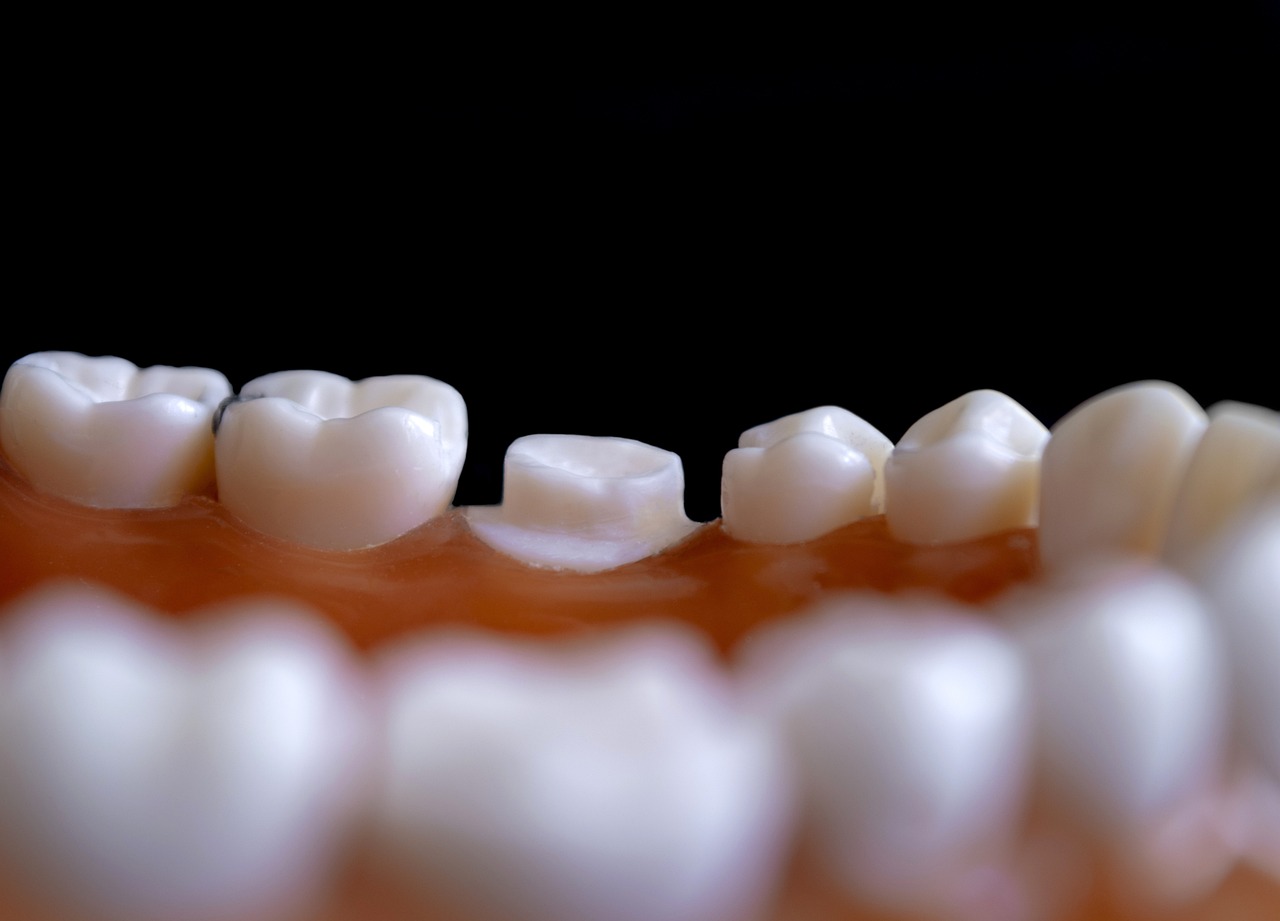A bright, white smile is often associated with good health and vitality, and it’s something many of us strive for. However, tooth discoloration is a common issue that can impact our confidence and overall oral health. Understanding the causes of tooth discoloration and how to combat it is crucial for maintaining that radiant smile. At Corner 32 Dental, we’re dedicated to helping you achieve and maintain optimal dental health. we’ll explore the various causes of tooth discoloration and offer practical tips to keep your teeth sparkling.
What Causes Tooth Discoloration?
Tooth discoloration can stem from multiple factors. It’s essential to identify the root cause to effectively address the issue. Here are the primary culprits:
Extrinsic Stains
Extrinsic stains affect the outer layer of the teeth, known as the enamel. These stains are often caused by:
- Diet: Consuming dark-colored foods and beverages, such as coffee, tea, red wine, and berries, can lead to staining.
- Tobacco: Smoking or chewing tobacco can cause significant discoloration over time.
- Poor Oral Hygiene: Inadequate brushing and flossing can result in plaque buildup and staining.
Maintaining a balanced diet and practicing good oral hygiene can help prevent extrinsic stains.
Intrinsic Stains
Intrinsic stains occur within the tooth’s inner structure, known as the dentin. These stains are often more challenging to remove and can be caused by:
- Medications: Certain medications, like tetracycline antibiotics, can cause intrinsic staining, especially if taken during tooth development.
- Trauma: An injury to a tooth can cause discoloration as the dentin darkens in response.
- Aging: Over time, the enamel thins, revealing the naturally yellow dentin beneath.
Intrinsic stains may require professional treatment, such as teeth whitening in Ryde, to achieve noticeable improvement.
Genetic Factors
Genetics can also play a role in tooth color. Some individuals naturally have thicker enamel or a different shade of dentin, making their teeth appear darker. While you can’t change your genetics, understanding this factor can help you set realistic expectations for whitening treatments.
Tips for Preventing Tooth Discoloration
Prevention is key when it comes to maintaining a bright smile. Here are some practical tips to help you avoid tooth discoloration:
Practice Good Oral Hygiene
Brushing and flossing regularly are fundamental to preventing tooth discoloration. Make sure to:
- Brush Twice Daily: Use a fluoride toothpaste and a soft-bristled toothbrush to clean all surfaces of your teeth.
- Floss Daily: Flossing helps remove plaque and food particles from between your teeth, where your toothbrush can’t reach.
- Use Mouthwash: An antimicrobial mouthwash can help reduce plaque and bacteria, contributing to a cleaner mouth.
Mind Your Diet
Be mindful of the foods and beverages you consume. To minimize staining, consider:
- Limiting Dark-Colored Foods and Drinks: Reduce your intake of coffee, tea, red wine, and dark berries.
- Drinking Through a Straw: Using a straw can help minimize contact between staining beverages and your teeth.
- Rinsing After Eating: Rinse your mouth with water after consuming stain-causing foods and drinks to help wash away potential staining agents.
Avoid Tobacco Products
Tobacco use is a significant contributor to tooth discoloration. Quitting smoking or chewing tobacco can not only improve your oral health but also prevent further staining.
Professional Solutions for Tooth Discoloration
If you’re already dealing with tooth discoloration, don’t worry! There are several professional treatments available to help restore your smile:
Teeth Whitening Treatments
Teeth whitening treatments, such as those offered at Corner 32 Dental, can effectively reduce both extrinsic and intrinsic stains. Our teeth whitening Ryde service utilizes advanced techniques to provide noticeable results, leaving you with a brighter smile.
Cosmetic Dentistry Procedures
For more severe cases of discoloration, cosmetic dentistry procedures may be necessary. Options include:
- Veneers: Thin shells of porcelain or composite resin that cover the front surface of your teeth, masking discoloration.
- Bonding: Applying a tooth-colored resin to the surface of your teeth to improve their appearance.
- Crowns: Placing a cap over a damaged or discolored tooth to restore its shape and color.
Conclusion
Tooth discoloration is a common concern, but with the right knowledge and proactive measures, you can maintain a bright, healthy smile. By practicing good oral hygiene, being mindful of your diet, and seeking professional treatments when necessary, you can combat tooth discoloration effectively.

